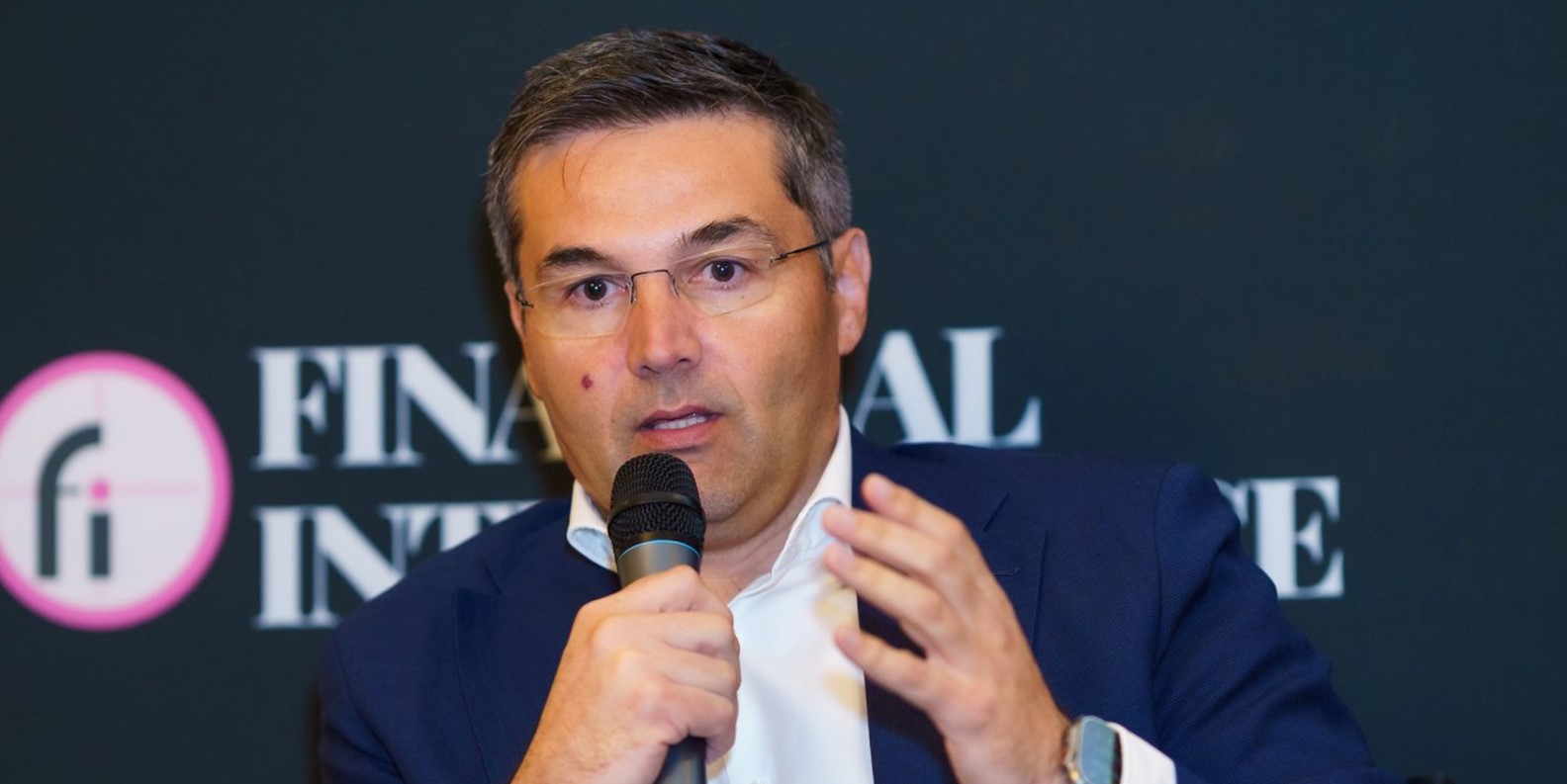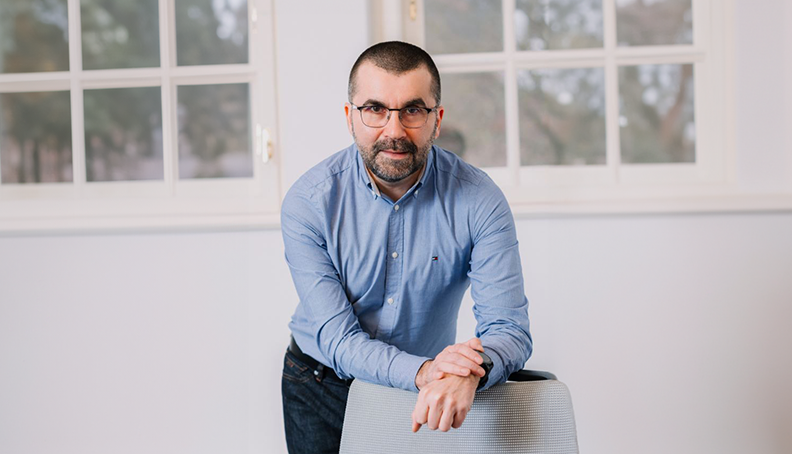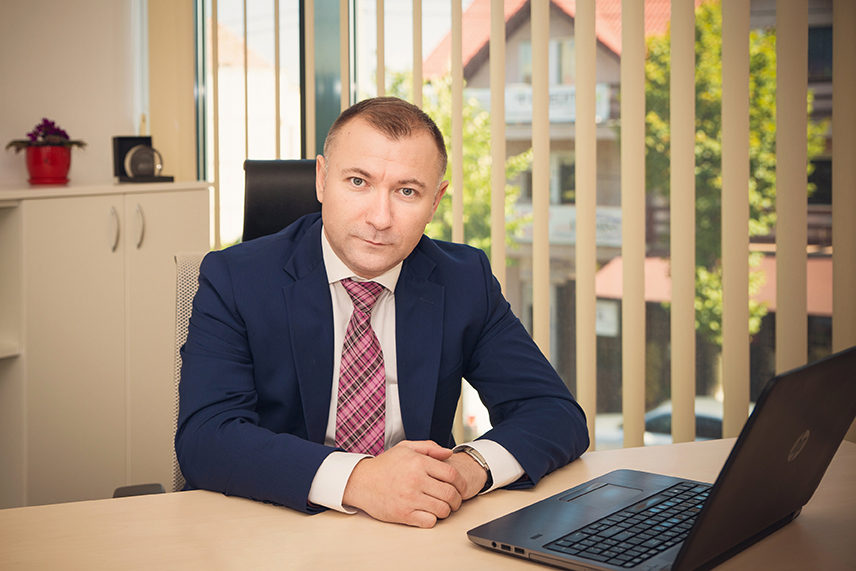Bogdan Pleșuvescu, BT: The business environment needs turnaround specialists
26 June 2025 Reading time 7:00 minutes

Bogdan Pleșuvescu, Deputy CEO of BT, participated in the debate Restructuring, a measure to prevent insolvency, organized by Financial Intelligence (Bucharest, June 2025), where he made the following statements around the ideas that restructuring a company cannot be done with the same team that led it into a crisis situation, and that the business environment needs turnaround specialists to solve a company's problems before it reaches insolvency:
- In the banking area, we observe that in very many insolvency situations or situations where customers go to insolvency, they see the procedure exclusively as one in which they protect themselves from creditors, either from a foreclosure or from creditors demanding their rights back. It is not right that they should be promoted as protective procedures, but on the basis of the measures which are applied within these procedures, the debtor, whether a legal entity or an individual, should be able to be reintroduced into the economic circuit in Romania.
- It is important for the entrepreneur to understand that the measures that can be implemented through the restructuring plan, reorganization plan or restructuring agreement must be realistic, have a basis, and be negotiated in good faith with all creditors. The implementation of this plan must be done in such a way that it does not fool anyone and the company can be brought back into the economic circuit.
- From a company's perspective, we know that there is an insolvency curve. The later the curve appears, the more pronounced the risk of insolvency. For example, in a company that has no problems whatsoever, and profitability is very good, there might at some point be a crisis of strategy. This strategy crisis in general is primarily seen or perceived by the company's management, which tries to address the problem through its own efforts and seeks very little external help. At the moment, the risk of insolvency is very low. But then there follows a profitability crisis where it is often seen on the balance sheet that the company's profitability starts to decline. This is also noticed by shareholders. Most of the time an external company is called in to help, and this is where I think this is where we should act with the greatest speed in hiring consultants so that we do not end up with a cash-flow crisis.
- The moment the profitability of the company or the profitability of the company's products starts to creak, it's time to bring in someone from outside. It's a mistake to think that a restructuring can be done with the same team that led to the problems in the business. I believe a turnaround specialist is needed, which is different from the insolvency practitioner. The turnaround practitioner has a completely different mindset, not to lead the company towards a regulated procedure, but to apply restructuring measures, structural, operational, measures to rebalance the financial situations as early as possible within the company, so that in the short term the company can benefit from a small boost that will give it the time it needs to make the necessary changes to readjust to the situation and to continue to perform.
- If this does not happen, there is a cash-flow crisis, which is noticed primarily by the creditor and not only by bank creditors, but especially by suppliers, because the company is late or already has problems in paying its invoices or servicing its debt to the banks. The risk of insolvency is already very high and here, indeed, the company should urgently turn to an insolvency practitioner who can advise it on which procedure it can apply depending on the situation the company is in, depending on the analysis - restructuring agreement or composition with creditors, insolvency proceedings, reorganization plan or, why not, bankruptcy directly.
- It is important to understand that, in the life of a company, the entrepreneur must be the one who is aware that he needs to seek external advice. And he has to do this before the knife cuts to the bone, when he wants to seek insolvency protection. They need to act well in advance and it is our role, that of the banks or practitioners, to guide entrepreneurs who appear on the early warning signal lists as soon as possible.
- When these early signs appear, entrepreneurs need to seek specialized help. Again I point out that a different team is needed to run the company. The first step to be taken by any entrepreneur is to bring in a new person specialized in turnaround, who is only meant to provide this turnaround, and then hand over the mandate to someone who will drive the business to grow.
- On the macro aspects, if we look at the four-month figures for Romania, we have noticed, especially for the companies in our portfolios, that since November many of the investment projects have been put on hold due to this period of uncertainty. The results of these delays will be seen over time. An investment runs for at least a year and its effects will be seen in a year, a year and a half. Basically, exponentially, we will see the effects of this hold period probably next year.
- We have some great opportunities in the market, even looking at the threats coming from the East. It is a shame to miss this momentum that we have exploited very well in recent years. We have the NRRP funds that we do not know how to attract, but we need to make sure that we are in a position to be able to submit the next application to attract, to justify the funds. We need to attract those funds because we need them like air for the investment growth area.
- The service area should be developed, especially on the tourist side. Anyone traveling to Greece sees huge queues at the border with cars from Romania leaving and consuming in other countries, which is not good for Romania. I think that services should be developed in the tourist area, not only at the seaside, but also in the mountains.
- Romania has possibilities and a very wide range of opportunities, but we are lacking on the presentation side, how we advertise our services. In addition, we are faced with over-regulation, over-intervention by the state in the way we do business. Neither in the UK nor in Greece are there so many restrictions from this perspective, or at least tourists do not perceive them. I believe that we will have to find a balance between the entrepreneurial environment and the public authorities in such a way that we can contribute to the growth of the tourist areas in Romania.

Press contact
Other articles


A little more
I just sent an email to you. Confirm your subscription by clicking on the link in the email.











